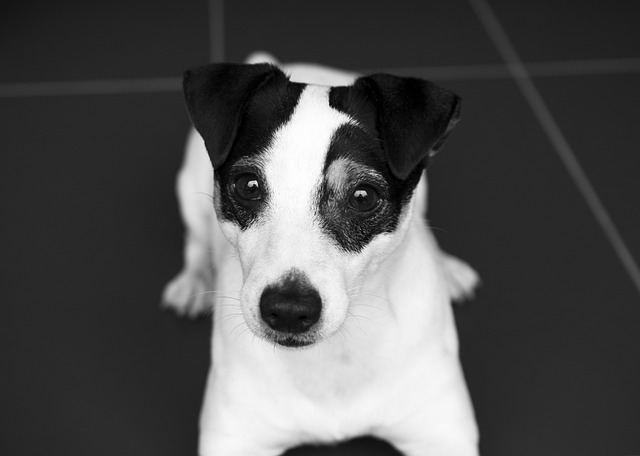
How to test for tetanus in dogs?
Tetanus in dogs often starts with subtle signs most owners miss—like a stiff jaw when grabbing a favorite chew toy or hesitation to climb stairs they once bounded up.
A healthy digestive system is crucial for your dog’s overall well - being. Just like us, dogs can experience stomach upsets that range from mild discomfort to serious health issues. But with some simple precautions, you can keep your furry friend’s digestion on track.
First, pay close attention to what you’re feeding your dog. Stick to high - quality dog food that matches their age, breed, and activity level. Avoid sudden diet changes, as dogs’ stomachs can be sensitive to new ingredients. If you do need to switch foods, gradually mix the new with the old over a week or two. Watch out for table scraps too—while that piece of pizza crust might look tempting to share, many human foods like chocolate, onions, and grapes are toxic to dogs.
Portion control is another key factor. Overfeeding can lead to obesity and digestive issues. Follow the feeding guidelines on your dog food packaging, and use measuring cups instead of guesswork. Puppies might need more frequent, smaller meals, while adult dogs usually do well with two meals a day. Remember, a chubby dog might be cute, but it’s not healthy in the long run.

Hydration plays a vital role in digestion. Make sure your dog always has access to clean, fresh water. Dehydration can cause constipation and other digestive problems. If you’re out on a long walk or hike, bring a portable water bowl and offer sips regularly. Some dogs might prefer running water, so a pet water fountain could be a great investment.
Regular exercise helps keep your dog’s digestive system working properly. Aim for at least 30 minutes to an hour of activity daily, depending on your dog’s breed and energy level. A brisk walk, a game of fetch, or a swim can stimulate digestion and prevent sluggish bowels. But avoid exercising your dog right after a meal, as this can cause bloating or even a life - threatening condition called gastric dilatation - volvulus (GDV).
Keep an eye on your dog’s environment. Stress can upset their stomach, too. Loud noises, new people, or changes in the household can all be sources of anxiety. Provide a safe, quiet space where your dog can retreat when feeling overwhelmed. Using pheromone diffusers or calming treats might also help in stressful situations.
Finally, be aware of local regulations regarding pet food and treats. Some areas have specific rules about ingredients, sourcing, or labeling. Always buy from reputable brands and check for recalls regularly. And when traveling with your dog, research any dietary restrictions at your destination to avoid unknowingly breaking laws or causing digestive issues.
By taking these steps, you’re not just preventing digestive problems—you’re ensuring your dog leads a happy, healthy life. After all, a content dog with a well - functioning digestive system is a wagging - tailed companion ready for all the adventures ahead.

Tetanus in dogs often starts with subtle signs most owners miss—like a stiff jaw when grabbing a favorite chew toy or hesitation to climb stairs they once bounded up.

If you’re a new dog parent in the US—maybe you’re standing in your Ohio apartment’s pet store aisle, holding a bag labeled “senior dog food” while your 8-year-old Dachshund

If you’re a new dog parent to a senior pup in the US—maybe you’re standing in your Florida apartment’s pet food aisle

Pet owners often worry about hidden health risks for their dogs, and toxoplasmosis is one that flies under the radar for many—understanding how dogs pick it up is key to keeping them safe.

If you’re a new dog parent in the US—maybe you’re standing in your Chicago apartment, staring at your 7-month-old Poodle mix, Bella

Tetanus in dogs comes from bacteria entering open wounds—think a deep cut from a rusty fence nail during a walk, or a scraped paw from digging in contaminated soil.